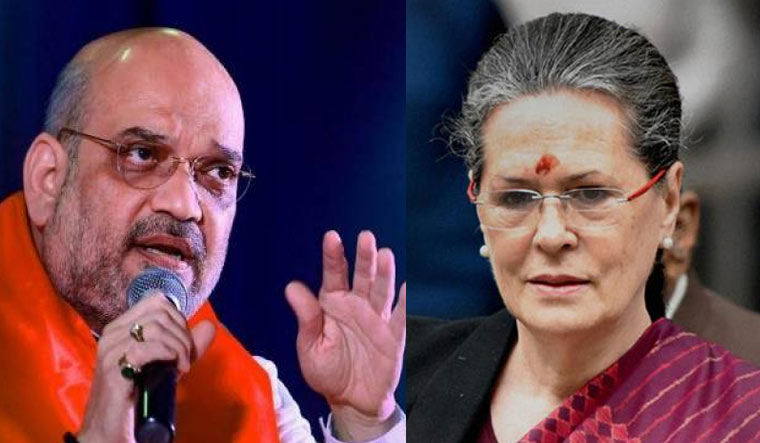The surprise poll outcomes of the state elections in Maharashtra and Haryana have lent a tinge of unpredictability to the Assembly polls in Jharkhand, the schedule for which was announced by the Election Commission on Friday.
Jharkhand will vote in five phases between November 30 and December 20. The results will be announced on December 23. Earlier, there had been speculation that the polls in the state would be advanced to coincide with the polling in Maharashtra and Haryana. The tenure of the present Vidhan Sabha in Jharkhand ends on January 5, 2020.
Incumbent Chief Minister Raghubar Das is hoping to ride on the momentum provided by the Lok Sabha elections even as the opposition, buoyed by the outcome of the just concluded elections in Maharashtra and Haryana, is making an effort to join forces to try and unseat the BJP.
In both Maharashtra and Haryana, the BJP was widely believed to be in a position to record thumping victories, but the saffron party fell way short of the targets it had set itself in both the states. While the BJP's tally dipped in Maharashtra, it failed to reach the majority mark in Haryana.
Lending significance to the Assembly election results was the fact that it came just a few months after the BJP had swept the two states in the Lok Sabha polls in April-May.
It is felt that the two state elections which preceded Jharkhand showed the return to the foreground of state-level issues and livelihood matters, which is in contrast to the Lok Sabha polls where nationalism was the overarching and dominant theme.
The results of the Maharashtra and Haryana polls are expected to prompt the BJP to try and recalibrate its poll strategy. The party had focused on nationalistic issues such as Article 370 and National Register of Citizens in the just concluded state elections.
For the BJP, there are many similarities between Jharkhand and the other two states that went to polls recently. Like Devendra Fadnavis and Manohar Lal Khattar, the chief ministers of Maharashtra and Haryana, Das was not a prominent figure in state politics before he was chosen to be the chief minister in 2014. And like the other two, Das also does not belong to the politically dominant community in his state. Belonging to the other backward caste, Das is a non-tribal chief minister in a predominantly tribal state. In the Lok Sabha elections, the party, together with its ally All Jharkhand Students' Union (AJSU), had won 12 out of the 14 seats on offer.
The BJP-led alliance had won 42 seats in the 81-member Assembly in the previous state elections, which took place in December 2014.
The opposition is attempting to form a 'Mahagathbandhan' to take on the ruling BJP. According to Congress leaders, the alliance is expected to be announced soon. The Congress, it is learnt, is ready to play second fiddle to the Jharkhand Mukti Morcha (JMM) to facilitate the formation of an anti-BJP coalition.
Going by the results of the recent round of Assembly elections, the opposition camp is hopeful of issues such as unemployment, farm distress, the impact of economic slowdown on different sections of the society and the very Jharkhand-specific issue of tribal discontentment with the policies of the Das regime playing an important role in the state.
However, the opposition is wrecked by exodus of leaders. Recently, two MLAs each from the Congress and the JMM jumped ship to join the BJP.
Also, like in the other states, intense factionalism has been the bane of the Congress in Jharkhand. The infighting resulted in Ajoy Kumar, a Rahul Gandhi protege, quitting as PCC chief after the Lok Sabha elections. Congress president Sonia Gandhi has entrusted old war horse and tribal face Rameshwar Oraon with the responsibility of leading the party in the elections.



